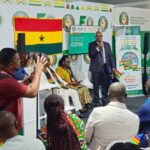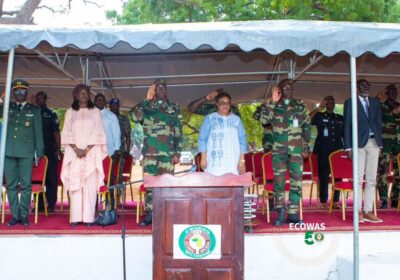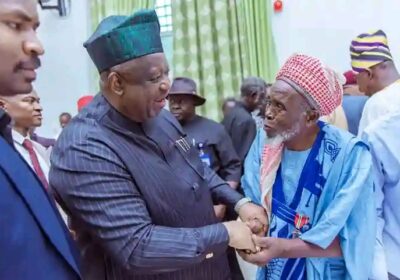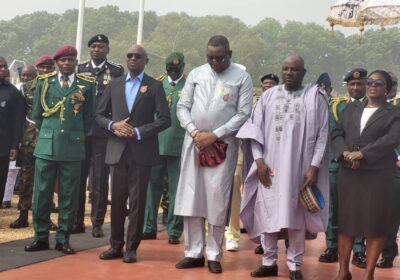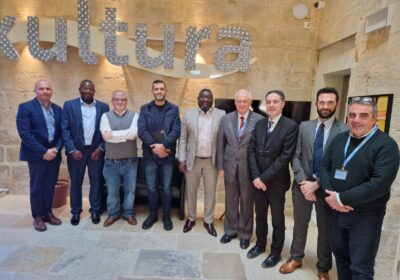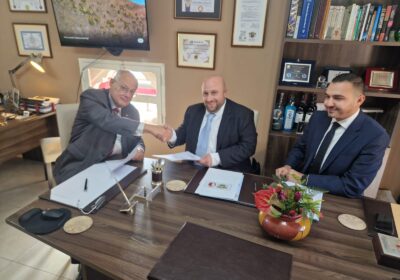ECOWAS Launches Intensive Training for Guinea-Bissau Journalists to Combat Fake News, Defend Democracy.
By Raymond Enoch
The Economic Community of West African States (ECOWAS) has lconvened a specialised two-day training programme for journalists and media practitioners in Guinea Bissau to strengthen information integrity and counter the growing wave of fake news, misinformation, disinformation and anti-democratic narratives across West Africa.
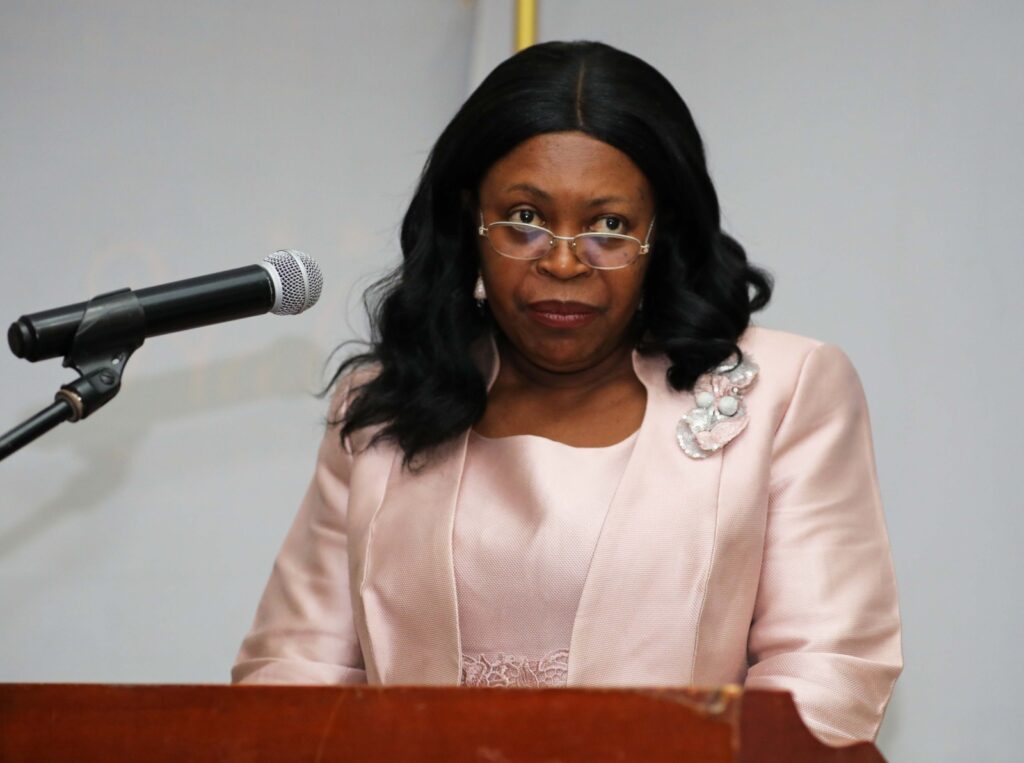
The capacity-building workshop, which runs from 17–18 November 2025 in Bissau, is organised by the ECOWAS Commission through its Directorate of Communication, in partnership with the Media Foundation for West Africa (MFWA) and with support from the Government of Germany.
The training is designed to boost Media and Information Literacy (MIL) in the region by equipping journalists with practical tools to detect and expose misinformation networks, improve conflict-sensitive reporting and promote narratives that support democracy, peace and good governance.
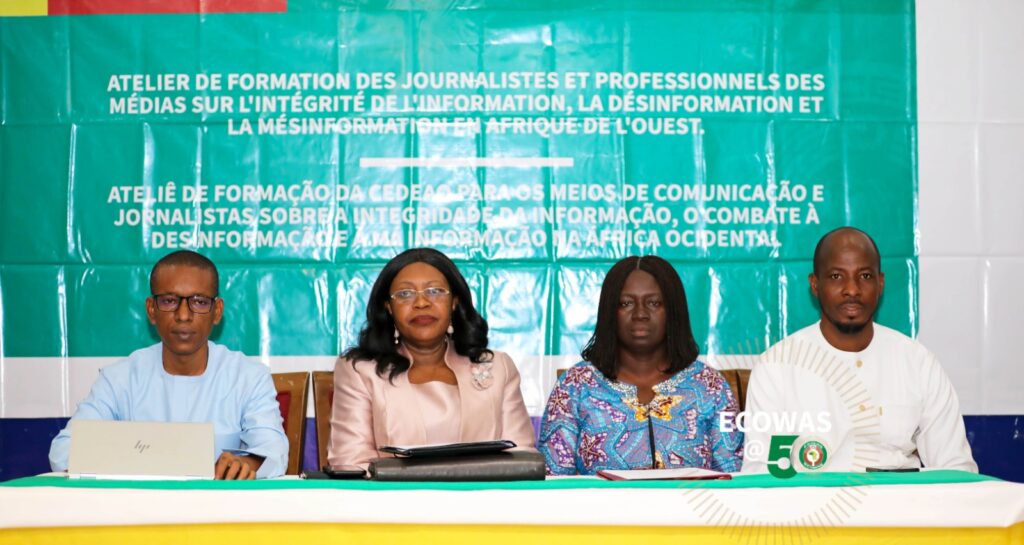
Declaring the workshop open on behalf of the President of the ECOWAS Commission, H.E. Dr. Omar Alieu Touray, the ECOWAS Resident Representative in Guinea Bissau, H.E. Ambassador Ngozi Ukeje, said the initiative reflects ECOWAS’ unwavering commitment to supporting Member States and media professionals in protecting the information space from manipulation and harmful content.
She described the media as a “critical partner” in strengthening political governance and safeguarding peace, security and stability in West Africa, stressing that journalists occupy a frontline role in shaping public perception, holding leaders accountable and preventing the spread of narratives that could inflame tensions or undermine democratic institutions.
Ambassador Ukeje noted that the rise of digital platforms has made it easier for false information to travel faster and wider than ever before, often with dangerous consequences for social cohesion and electoral integrity. She said the ECOWAS Commission, working with regional and international partners, is therefore investing in strategic media training to build a cadre of well-equipped professionals who can interrogate sources, verify facts and report responsibly in sensitive political and security contexts.
Over the two days, participants are expected to engage in interactive sessions on techniques for identifying and tracking disinformation campaigns, tools for fact-checking and verification, and best practices for reporting on elections, governance reforms and conflict situations without fuelling division or violence. The workshop will also highlight the role of ethical journalism and professional standards in building public trust in the media at a time of widespread scepticism and information overload.
By prioritising Media and Information Literacy and strengthening the capacity of journalists at national level, ECOWAS aims to create a more resilient regional information ecosystem that resists manipulation, supports inclusive dialogue and reinforces the values of democracy, rule of law and human rights across West Africa.
The Bissau training is one of a series of ECOWAS-led initiatives targeted at media professionals in Member States, signalling the Commission’s broader strategy to work hand-in-hand with the press as a cornerstone of democratic consolidation and sustainable peace in the sub-region.



